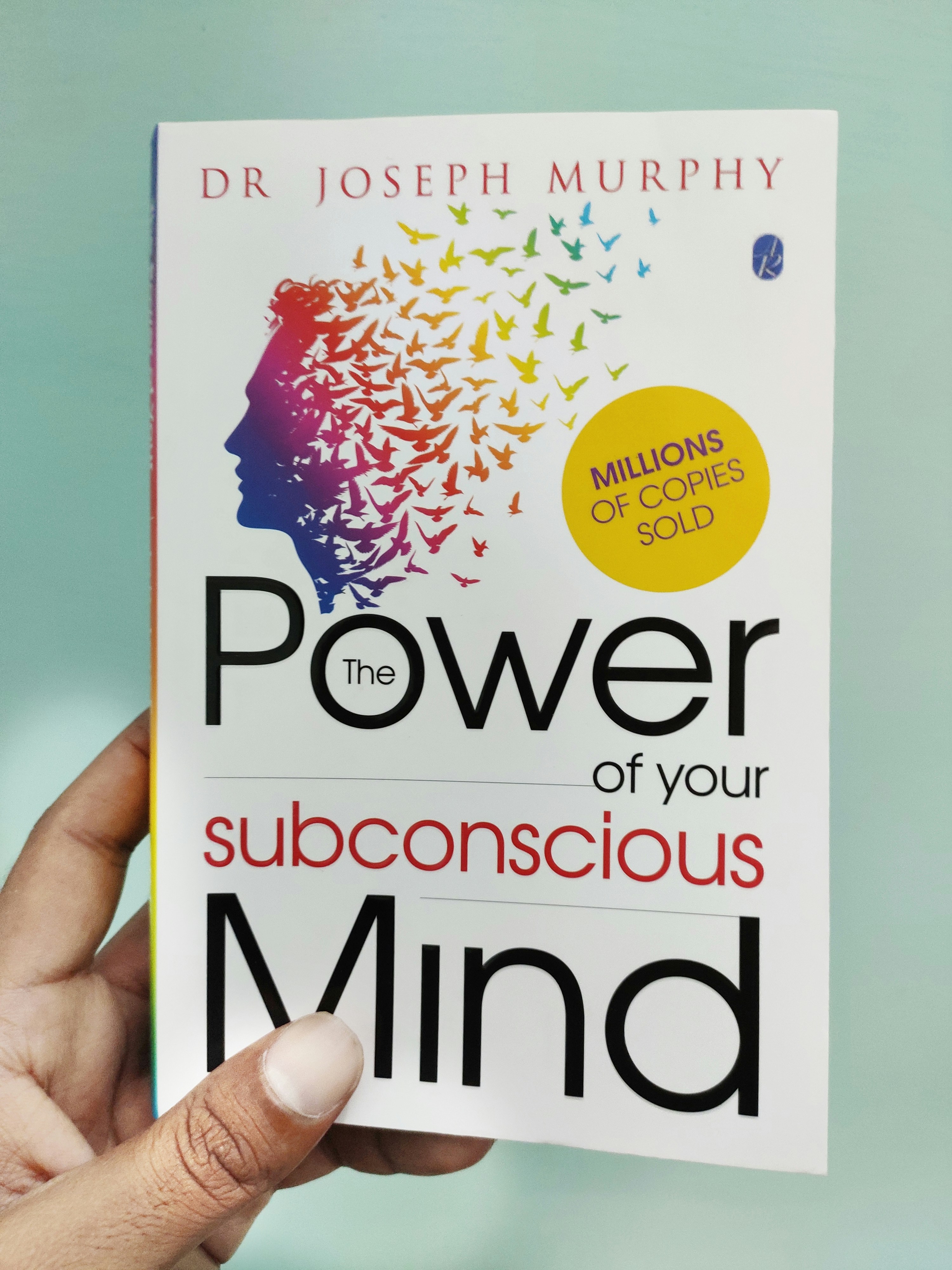🛡 Powerful Protection Spells That Shield From Harm
Safeguard yourself, loved ones, and your home from negative energy and spiritual threats with effective, trusted protection spells.
Introduction to Freelance Writing
Freelance writing represents a dynamic and evolving career option that allows individuals to cultivate their passion for writing while enjoying a level of flexibility in their work environment. It involves creating various forms of written content, including articles, blogs, marketing materials, and technical documents, for clients on a project-by-project basis. The freelance writing industry offers numerous benefits, amongst which are the freedom to choose projects, the ability to set one’s own schedule, and the opportunity to work from virtually anywhere. Such attributes make it particularly appealing to writers seeking autonomy over their careers.
However, pursuing a career as a freelance writer is not without its challenges. Freelancers must navigate aspects like client acquisition, regular income fluctuations, and the need for self-discipline to meet deadlines consistently. In a competitive marketplace, building a strong portfolio and maintaining a steady inflow of work can be daunting tasks. As the demand for quality written content continues to rise, freelance writers must differentiate themselves to ensure success in the industry.
In this digital age, leveraging technology can significantly enhance a freelance writer’s career. AI tools, such as ChatGPT, have emerged as valuable assets in this transition. These tools can assist writers in generating ideas, improving content quality, and increasing productivity, ultimately allowing them to meet client expectations more effectively. By incorporating such advanced technology into their workflow, freelance writers can augment their creativity and streamline their writing process. Thus, understanding how to use ChatGPT in conjunction with traditional writing skills can provide a distinct advantage, helping writers to not only thrive but also adapt to the shifting landscape of the freelance market.
Understanding ChatGPT: An Overview
ChatGPT is an advanced language model developed by OpenAI, designed to assist users with various writing tasks. This tool utilizes artificial intelligence to generate human-like text based on the input it receives, making it particularly useful for freelance writers looking to enhance their productivity and creativity. By leveraging machine learning algorithms, ChatGPT can understand context and produce coherent responses, enabling users to brainstorm ideas, draft content, and edit existing text with ease.
The functionality of ChatGPT extends beyond mere text generation. It can provide summaries, create outlines, and suggest improvements to writing style, thereby acting as a comprehensive writing assistant. Freelance writers can utilize ChatGPT for a multitude of purposes, including article creation, social media posts, and even email correspondence. Its ability to adapt to different writing styles and tones further enhances its applicability across various writing niches.
However, it is essential to acknowledge the limitations inherent in using AI-driven tools like ChatGPT. While the model excels in generating content, it may occasionally produce inaccuracies or lack the nuanced understanding that a human writer would possess. Consequently, freelance writers must exercise critical judgment when reviewing the output generated by ChatGPT to ensure that the content meets the desired quality standards.
Ethical considerations also play a crucial role in the application of AI in writing. Freelance writers should remain transparent about their use of AI tools and ensure that the final output reflects their unique voice and perspective. Moreover, adhering to best practices regarding attribution and avoiding any form of plagiarism is essential to maintaining integrity and professionalism in freelance writing.
Setting Up ChatGPT for Writing Projects
To leverage the capabilities of ChatGPT effectively for your freelance writing endeavors, it is essential to start by accessing the tool and setting it up properly. Begin by visiting the official OpenAI website, where you can create an account by providing your email address and establishing a secure password. Once your account is created, you will gain access to various functionalities designed to support your writing projects.
ChatGPT offers different subscription models, including a free tier with basic features and premium plans that unlock advanced capabilities. Depending on the volume of work and your specific writing needs, consider selecting a subscription that aligns with your goals. The premium version, for instance, tends to deliver quicker responses and more nuanced outputs, making it a valuable investment for serious freelancers.
After creating your account, familiarize yourself with the user interface. The layout is designed to be intuitive, with sections for inputting prompts, receiving outputs, and reviewing past interactions. Take time to explore features such as conversation history, which allows you to revisit previous discussions for reference or inspiration. Familiarity with the interface can greatly enhance productivity, allowing you to navigate efficiently during your writing tasks.
🛡 Powerful Protection Spells That Shield From Harm
Safeguard yourself, loved ones, and your home from negative energy and spiritual threats with effective, trusted protection spells.
Moreover, optimizing your settings can further improve your experience with ChatGPT. Adjust parameters such as response length and temperature to tailor the style and tone of outputs according to your writing requirements. For instance, setting a lower temperature may yield more focused responses, ideal for professional writing, while a higher setting can generate creative ideas. By taking these initial steps to set up ChatGPT, you position yourself to harness its full potential in enhancing your freelance writing success.
Brainstorming Ideas with ChatGPT
Freelance writers often encounter challenges when it comes to generating fresh and engaging content ideas. Leveraging ChatGPT can significantly enhance the brainstorming process. By utilizing this advanced language model, writers can obtain a plethora of creative suggestions that can serve as the foundation for articles, blog posts, and various other forms of content.
To start brainstorming with ChatGPT, it is essential to provide clear and specific prompts. Instead of simply asking for ideas on a broad topic, freelancers can enhance the output quality by including specific themes, targeted audiences, or content angles. For instance, a request like, “What are five innovative blog post ideas about sustainable living for a young adult audience?” may yield more focused and relevant content than a vague inquiry.
After receiving initial ideas, writers can further engage with the AI by asking follow-up questions to refine the suggestions. This process allows for the development of ideas that align closely with the writer’s style and audience preferences. For example, responding to one of the generated ideas with, “Can you elaborate on how to implement these practices in daily life?” can yield deeper insights, transforming broad concepts into actionable content.
Another technique involves determining the scope and structure of the content before engaging with ChatGPT. By outlining a basic framework, such as identifying key points and sections, writers can prompt the AI to generate detailed sub-ideas within those confines. This not only helps in structuring the content but also allows for exploring various perspectives on the topic.
In summary, effective use of ChatGPT for brainstorming can result in a rich array of ideas and refined outlines, thereby enhancing the creative process for freelance writers. By employing targeted prompts and engaging in interactive dialogue with the AI, writers can unlock their potential to create compelling and thoughtful content.
Creating Content with ChatGPT: Tips and Tricks
Leveraging ChatGPT for freelance writing can significantly enhance your content creation process. One of the most effective approaches is to utilize well-structured prompts to guide the AI in generating relevant text. Rather than posing simple questions, consider crafting detailed and specific prompts that provide context and direction. For instance, instead of asking, “What is freelance writing?” you might use a prompt like, “Can you provide an overview of freelance writing trends in 2023, highlighting key strategies for success?” This specificity helps to produce more tailored responses.
Maintaining a consistent tone and style throughout your writing is crucial for creating content that resonates with your target audience. When using ChatGPT, you can instruct the model by including tone requirements in your prompts. For example, you may ask for a professional, friendly, or informative tone depending on your audience’s preferences. Regularly using the same phrases or structures in your prompts can also help in achieving a more cohesive voice across different segments of your work.
After generating text, the next step involves refining and personalizing the AI-produced content. While ChatGPT can create the first draft effectively, it is essential to inject your unique perspective and flair to differentiate your work. By reviewing the AI’s output and editing it for clarity, accuracy, and resonance with your target audience, you not only ensure the content aligns with your voice but also meet the quality standards of your freelance writing projects. Additionally, consider juxtaposing the AI’s suggestions with your insights to spur creativity, allowing you to produce content that is both compelling and authentic to your style.
Enhancing Research with ChatGPT
In the realm of freelance writing, conducting thorough and efficient research is crucial to producing high-quality content. One of the tools that can significantly streamline this process is ChatGPT, an AI model that assists in generating diverse types of information. Freelance writers can leverage ChatGPT to request concise summaries on various topics, allowing for quick comprehension of complex subjects. By prompting the model to provide key points or overviews, writers can save time and redirect their focus toward creative aspects of their work.
Additionally, ChatGPT can aid in gathering relevant data to support arguments or insights within a piece. For instance, writers can ask the AI for statistics, trends, or historical context concerning specific industries or subjects. This capability not only enhances the depth of content but also supports the writer’s credibility by backing statements with factual information.
Another significant benefit of using ChatGPT involves sourcing information. By querying the AI for resources or references related to their writing topics, freelance writers can expand their pool of knowledge swiftly. ChatGPT can suggest articles, journals, or websites that may be valuable for more in-depth exploration. This is particularly helpful for writers who may not have the time or resources to conduct exhaustive searches manually.
Despite the advantages presented by ChatGPT in the research process, it is imperative for writers to exercise due diligence when using AI-generated information. Fact-checking and verifying data obtained from ChatGPT or any AI source ensures that the content produced is accurate and reliable. By cross-referencing facts with credible resources, writers safeguard their work against misinformation and uphold the standard of quality that clients expect. Thus, integrating ChatGPT into research while prioritizing verification processes can lead to successful freelance writing outcomes.
Editing and Refining Your Work Using ChatGPT
For freelance writers, the editing phase is crucial in producing polished, professional content. Leveraging the capabilities of ChatGPT can significantly enhance this process. AI models like ChatGPT can effectively assist in identifying grammatical errors and suggesting stylistic improvements without overshadowing the writer’s unique voice. Its robust algorithms analyze your writing and offer constructive feedback that can lead to more refined and coherent pieces.
One of the primary advantages of utilizing ChatGPT for editing is its ability to conduct comprehensive grammar checks. By inputting text into the chatbot, writers can receive immediate feedback on punctuation, sentence structure, and other common grammatical nuances. This instant feedback helps freelancers save time and focus on content creation without the constant worry of overlooking errors that may detract from their writing’s professionalism.
Additionally, ChatGPT can serve as a valuable tool for style enhancements. By suggesting alternative phrasings and sentence variations, it allows writers to explore different ways of expressing their ideas, potentially making their content more engaging. This flexibility is particularly beneficial for freelance writers who often work across various topics and genres, as it can help them adapt their style to meet different audience expectations. However, it is important to integrate these suggestions while ensuring that the writer’s distinct voice remains prominent throughout the text.
Furthermore, ChatGPT can aid in refining the overall flow of a piece. By analyzing the coherence and transition between paragraphs, it can suggest adjustments that improve readability and logical progression. This assistance helps freelancers deliver content that resonates well with their target audience while still remaining true to their personal writing style.
In conclusion, incorporating ChatGPT into the editing phase can substantially enhance freelance writers’ productivity and content quality, making it an indispensable tool for success in the competitive freelance marketplace.
Building a Portfolio with ChatGPT Assistance
Creating a strong portfolio is essential for freelance writers aiming to showcase their capabilities and attract potential clients. With the assistance of ChatGPT, writers can not only enhance their writing but also diversify their samples, demonstrating their versatility across different genres and styles. To begin building a portfolio, it is crucial to identify specific niches you want to focus on, such as blog posts, articles, marketing content, or creative writing. Using ChatGPT, writers can generate a variety of content pieces in these areas to illustrate their proficiency.
One effective strategy is to integrate ChatGPT in the brainstorming phase. By using the model to generate topic ideas or outlines, freelance writers can create multiple drafts for the same concept, showcasing their ability to explore different angles and tones. This approach not only enriches the portfolio but also highlights the writer’s collaborative usage of technology in their creative process. For instance, a writer could produce three different styles of an article on a trending topic, illustrating adaptability and depth in their writing.
Furthermore, it’s important to curate samples that reflect a range of complexity and catering to various audience demographics. Writers can produce content with ChatGPT that targets different audiences, from casual readers to industry professionals, thereby demonstrating their skills in tailoring language and approach. After generating these pieces, the next step is to organize them into an easily accessible online format, such as a personal website or a digital portfolio service, making it simple for potential clients to review your work.
When marketing the portfolio, consider leveraging social media platforms and professional networks. By sharing samples of work created with ChatGPT, writers can engage their audience, soliciting feedback while also exhibiting their dedication to continuous improvement. This not only reinforces credibility but also helps establish a personal brand that can resonate with potential clients. Ultimately, integrating ChatGPT into the creation of a diverse portfolio can significantly enhance a freelance writer’s marketability.
The Future of Freelance Writing with AI
The advent of artificial intelligence, particularly tools like ChatGPT, is reshaping the freelance writing landscape significantly. With advancements in AI technology, freelance writers are witnessing a transformation in how they approach their craft, with AI serving as a vital ally rather than a competition. AI-enabled tools enhance productivity by aiding in content generation, topic research, and even editing, allowing writers to focus more on creativity, strategy, and client engagement.
Current trends indicate a growing reliance on AI among freelance writers. Writers who incorporate AI tools into their workflow can streamline their writing process, thus enabling them to take on more projects without compromising quality. As AI technology advances, the range of services that freelance writers offer is likely to expand, creating new opportunities. Writers may find niches that involve not only traditional writing tasks but also new roles related to AI content management, ethical considerations around AI-generated content, and personalized marketing strategies.
Ultimately, the integration of AI into freelance writing holds significant potential for enhancing creativity, increasing productivity, and fostering new job opportunities. By adapting to these advancements, writers can not only survive but thrive in an increasingly tech-driven market.






